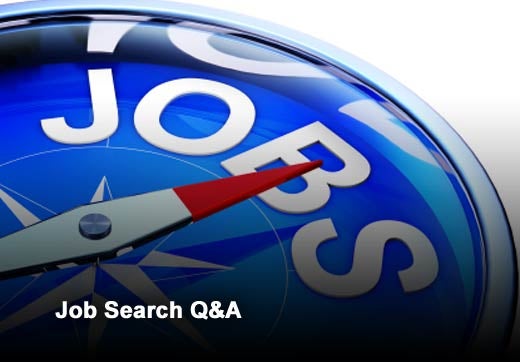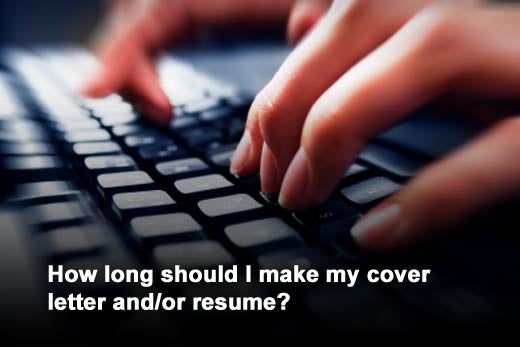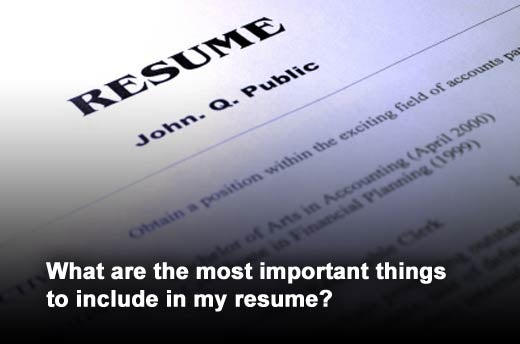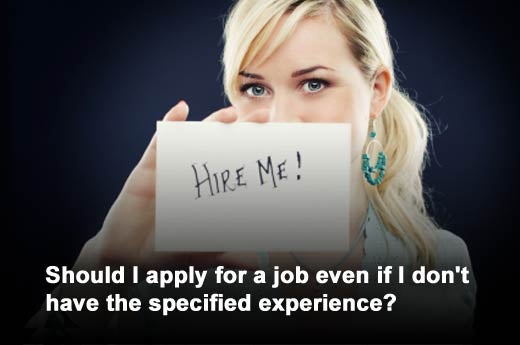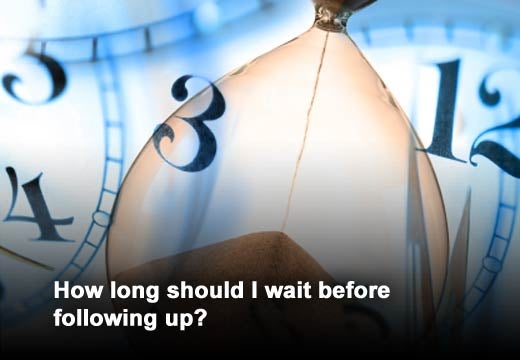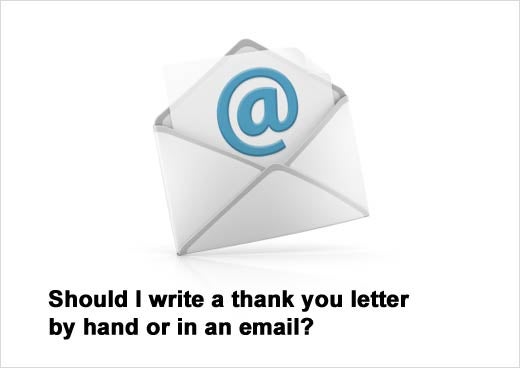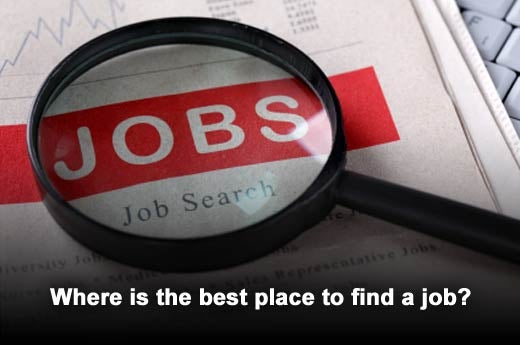During the job search, every job seeker comes across lots of questions. How long should my resume and cover letter be? How long should I wait before following up? Not all of these questions need an entire article to answer, but they all deserve attention. This is your chance to get the answers to some of the questions you’ve been pondering during your job search. Heather R. Huhman, a Glassdoor career and workplace expert, has answered eight frequently asked questions about the job search.
Click through for answers to eight frequently asked job search questions, as identified by Glassdoor.com.
FAQ #1. How long should I make my cover letter and/or resume?
Your cover letter should be no more than one page in length. It should explain who you are and why you’re the best candidate for the job. It needs to be very concise, yet keep the hiring manager wanting to learn more. If you go any longer than a page, the person reading it will get bored.
Your resume should also be limited to one page, especially if you’ve been in the workforce for a short amount of time. Hiring managers spend only 6 seconds looking through your resume, so it’s important to keep it to one page filled with strong keywords to stand out.
FAQ #2. What are the most important things to include in my resume?
Some essential things to include in your resume are: your name, contact information, education history, work or internship experience, and related skills. All of these details should be tailored for each individual job application. Additionally, you can include professional organizations and special awards if you think they’re relevant.
FAQ #3. Should I apply for a job even if I don’t have the specified experience?
Absolutely! If you think you can handle the job requirements, it never hurts to apply for the position. Whether you have fewer years of experience than they’re asking, or you are missing one of the hard skills mentioned, these don’t necessarily rule you out from landing the job. Skills can be learned on the job, and if you’re the best candidate, years of experience won’t matter in the end. Just don’t lie and say you have the qualifications when you don’t.
FAQ #4. How should I address a hiring manager whose name I can’t find?
Sometimes the name of the hiring manager won’t be listed on the job description. If it’s a small company, you might be able to find a name on their website or through a quick Google search. But if after searching you still can’t find the name, you should begin your cover letter: “Dear Hiring Manager.”
FAQ #5. How long should I wait before following up?
If you don’t hear back from an interviewer right away, don’t follow up again until after the interviewer’s deadline has passed. If the date passes and you still haven’t heard anything, send a brief follow up to remind the interviewer about your qualifications and interest in the open job. After that first follow up, you can follow up again every 7-10 days, up to two more times, for a total of three follow ups. If you still haven’t heard back, you should move on.
FAQ #6. Should I write a thank you letter by hand or in an email?
This is a personal preference. Either works, but 89 percent of hiring managers are fine with an email note, and half of them actually prefer it. Just be sure to personalize the note. Remind your interviewer who you are, how much you want the job, and why you’re the best person for it.
FAQ #7. What exactly is a personal brand and why do I need one?
A personal brand is how we market ourselves to others. It is your professional reputation and it is defined by your goals and accomplishments. During the job search, you need to take charge of your own personal brand because it affects how employers see you. In a job market where everything takes place online, your reputation is especially important for landing a job.
FAQ #8. Where is the best place to find a job?
There are lots of options for finding a job, and one is not necessarily better than the others. You can find jobs on mass job boards like Monster, Glassdoor and Indeed, or smaller, niche job boards specific to your profession. You can go directly to the company’s website or social media. Additionally, 44 percent of new hires are made from employee referrals. It’s important to utilize all of these methods to find the most job opportunities.


